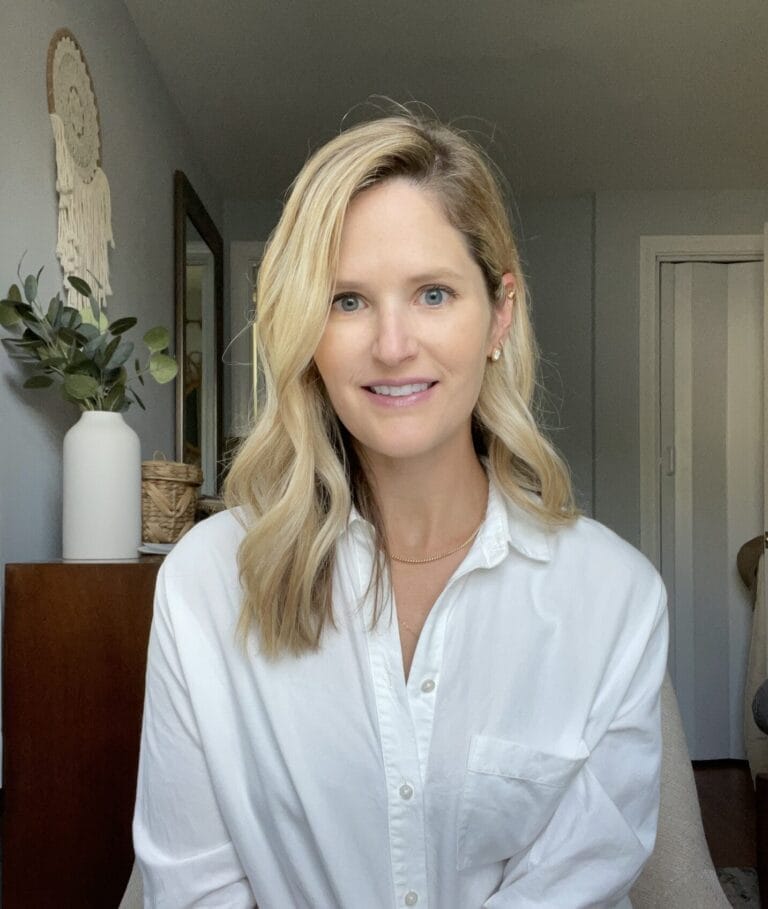
Schools are facing shortages of educators at a time when kids need them the most. After years of classroom closures and changing COVID-19 protocols, school-based staff are experiencing burnout and are seeking alternative ways to work. Many are leaving the profession altogether for remote and flexible work possibilities.
Digital therapy tools and teletherapy have long been solutions for remote and rural districts struggling with staff recruitment and retention. Their popularity and credibility rose when many schools moved to virtual learning environments during the pandemic. Even with the near-complete return to in-person schooling, activity on the Presence teletherapy platform has maintained at nearly twice the levels pre-COVID.
One of the biggest ways that the Presence team innovated during the pandemic: the development of Kanga, an online therapy platform licensed to clinicians working in schools, districts, and other organizations. The team believes that the easy-to-use, purpose-built platform will help retain therapists in the profession.
Why now?
Our nation is facing an urgent call to address the critical needs of children – their mental health, their social and emotional development, and their achievement – yet is also facing a shortage of clinicians to address these needs.
- In the 2020-21 school year, only 14% of schools met the ratio of one school counselor to 250 students, recommended by the American School Counselor Association.
- According to the National Association of School Psychologists, we need to add approximately 63,000 school psychologists to the existing workforce in order to meet the recommended ratio of no more than one school psychologist per 500 students.
- In a survey by the American Speech-Language Hearing Association, 54% of school-based language pathologists reported unfilled clinical job openings in their districts.
School-based clinicians feel the weight of this on their shoulders every day that they come to work. Their caseloads are increasing, their work feels never-ending, and there are not enough team members to offer relief. Students also bear this burden when they are unable to be evaluated, assessed, or receive the services they need to be healthy.
What we did to help
In March 2020, schools and organizations needed to move their special education and mental health services online, and we jumped in to help. We opened up access to our teletherapy platform to help school-based clinicians reach their students at home. Over the next two years, we evolved the platform as we recognized new ways to innovate therapy delivery. We stayed focused on what clinicians told us they needed to make their ambitious, complex work sustainable day to day.
This month, we launched a significantly expanded platform: Kanga, a name that we hope expresses the caring energy and the boost we want to give clinicians with our software. It’s available for clinicians working in schools, agencies, independent practices, or wherever and however they choose to reach the children they serve.
A platform that cares
In recent years, clinicians told us about the valuable time they are losing building work-arounds and homemade solutions to manage their growing caseloads. They also told us about the stress and strain they experience in their jobs, even more so during the pandemic.
Kanga is an empowerment tool – a way for us to further nurture, support, and lift up clinicians, whether they are performing therapy remotely or in person.
I’ve associated the Kanga brand from the start with this idea of caregiving. Clinicians are caregivers at heart, and they are incredibly selfless in giving their time, energy, and emotion to the families they serve. Their work is hard and the hours are long, and they need someone to take care of them while they are so busy caring for others! Kanga was designed in response to the daily challenges identified by the clinical experts on our team and the providers in our Presence community who believe that technology can help alleviate some of the work burden.
Giving the gift of time
Therapists consistently tell us about their frustrations with needing to use multiple systems, handwritten notes, and various tools that they don’t have the time to learn how to use. According to a recent survey of 126 school-based clinicians,* the average clinician can spend up to four hours a week preparing content and documentation alone. We knew we had to build new capabilities in Kanga to centralize all student information, including the therapist’s session notes, to simplify caseload management.
Another big stressor for clinicians in schools is documenting and providing data about their work to their administrator for accountability purposes and funding. To help solve this, we added a feature in Kanga for administrators to directly pull the data they need without making another ask of providers.
Access for all
In the spirit of support and empowerment, we’re offering Kanga for free to anyone who wants to try it. This is a great opportunity for anyone working with children with diverse needs – inside or outside of a school – to try these tools. We hope this helps open up understanding about the benefits of technology for supporting therapy work.
Explore Kanga for FREE* today. For more details on Kanga, visit our website.
*Presence conducted a survey of 126 school-based clinicians who were currently using or had previously been using the platform known as Therapy Essentials.
*Limitations apply to the free version of Kanga.

As CEO of Presence, Kate Eberle Walker is committed to creating online tools that give students more access to high-quality learning experts and experiences. Prior to leading Presence, Kate was CEO of The Princeton Review and Tutor.com, and she led strategy and investments for Kaplan, Inc. She also serves on several education-focused boards, including Babbel, Barnes and Noble Education, Prospect Schools, and Testing Mom.
Kate is the author of the book, The Good Boss: Nine Ways Every Manager Can Support Women at Work. She lives in New York with her husband and their two daughters.




